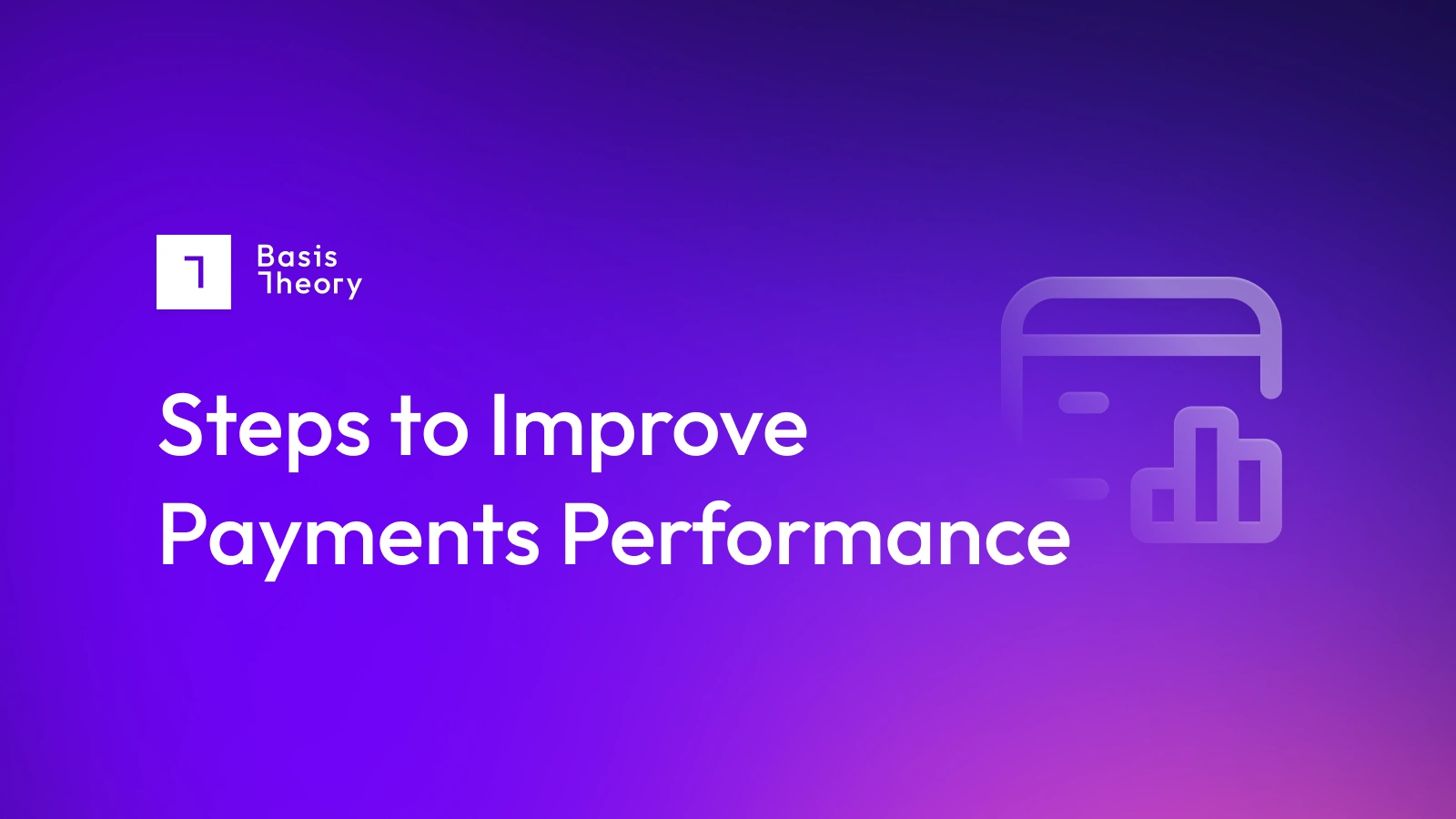5 Steps You can Take to Improve Payments Performance

Why it’s Crucial to Constantly Improve Payments Performance
For any business, revenue growth is key to continued development and opportunity. And revenue growth can only happen when payments arrive, are smoothly onboarded and accounted for, and generate the lowest fees possible. These days offline businesses try as hard as they can to incentivize cash, or cash-equivalent payments types (like debit cards, store cards, and digital wallets) so they can limit the cost of making sales - they will even routinely add surcharges for the use of credit cards to offset processing fees from their payment service provider (PSP) partners.
Meanwhile, online merchants often have limited options to narrow the payment choices of their customers - indeed, study after study has shown that consumers will rapidly abandon providers who do not offer their preferred payment methods, or that try to add surcharges for less-preferred options.
Nonetheless, it is crucial to optimize the payments process in ways that both maximize the likelihood of closing good transactions, and minimize the costs associated with the processing. Here are five key steps to achieving the right balance.
1. Leave Your Full-Service PSP So You Can Build a Network
In the early going, merchants will often sign up with a full-service PSP, which will offer a wide range of services, take on much of the regulatory compliance burden, and provide a flat and predictable rate card that makes business planning simple. As volumes grow, however, it can rapidly become clear that committing to sending all transactions through a single payment processor is limiting to the business. That PSP may not offer all the payment methods customers want to use, may charge higher rates for cross-border transactions right as the merchant is expanding globally, and likely will not offer fee discounts for lower-fee payment methods like debit cards and digital wallets.
By signing on with multiple PSPs, a merchant will certainly increase the complexity of their payment systems, but at the same time they will expand their ability to provide customers’ preferred payment methods, transact business in the customer’s own region (increasing close rates while reducing fees), and optimize processing fees by directing transactions to the lowest-cost provider.
2. Use a Tokenization Partner to Own Customer Data
The decision to move on from a single full-service PSP can be tricky, especially for merchants that have chosen to take advantage of the option to offload customer data storage in order to keep their own systems out of PCI-DSS scope. Merchants often find that, as they try to use stored cardholder data to transact business outside of their full-service PSP, they do not actually have the rights or control to do so; rather, they can use that stored information only to process payments with the PSP that holds it.
By contracting with a third party tokenization provider like Basis Theory, merchants can continue to have a trusted partner collect, manage, and transmit cardholder data to the PSP of their choice, while retaining control over that data as they add, remove, and balance the usage of their network of PSP partners.
3. Sign up with PSPs Offering Different Services and Locations
The world of PSPs is way more complex than it may look at first glance. From full-service providers, to high-risk providers, and everything in between, understanding the dynamics of the payment processing environment is the key to optimization. When assembling a stable of PSP partners, merchants should take into account
- Different services, such as payment methods, digital wallets, and even ‘Buy Now, Pay Later’ options (like Sezzle, Affirm, and Klarna). Offering customers exactly the payment method they want dramatically increases merchants’ chances of closing transactions.
- Options for elements of the business that may be higher risk, and come under a different Merchant Category Codes (MCCs). For instance, a skincare outlet that offers a range of products containing CBD may opt to send sales that include these products to a high risk processor.
- Global locations, as cross-border fees can be extremely high, and attempting to process payments from a country that is different to the customer’s account almost always reduces the chances of a successful transaction.
4. Use Automation to Choose the Right Processor
Simply signing up for a range of different PSPs is not sufficient to contribute strongly to business goals. Rather, merchants should build, or acquire, an automation solution that considers each transaction and makes in-the-moment decisions as to how to deal with them. This will help to solve challenges like
- Ensuring transactions outside the merchant’s home region are processed in the customer’s locale, reducing fees and increasing transaction success rates.
- Re-presenting some transactions that are soft-declined, offering the opportunity to close deals that might otherwise be rejected.
- Recognizing the payment method offered by the customer and directing it to the PSP that offers the best fee structure.
- Achieving volume discounts with individual PSPs by sending them exactly the right amount of transactions to trigger price improvements
5. Ensure You Get the Benefit of Debit Cards and Digital Wallets
Just as merchants must exit the full-service provider universe to benefit from the different processing rates available for different payment methods, so they must ensure that they separate exceptionally low-cost methods and access the best rates possible. In the United States, for instance, processing fees for debit cards are capped by federal law at 21 cents plus 0.5% - a far cry from the standard 30 cents plus 2.9% most full-service PSPs charge. Ensure that, among your PSP partners, there is at least one that can handle payment method-specific routing, and that will provide lower fees for the pleasure. Note that some credit cards may actually cost more than even the full-service PSP rates (American Express charges famously high fees), so the corollary of not sending debit card transactions through your full-service PSP is always sending American Express transactions their way.
.png?width=365&height=122&name=BTLogo%20(1).png)



